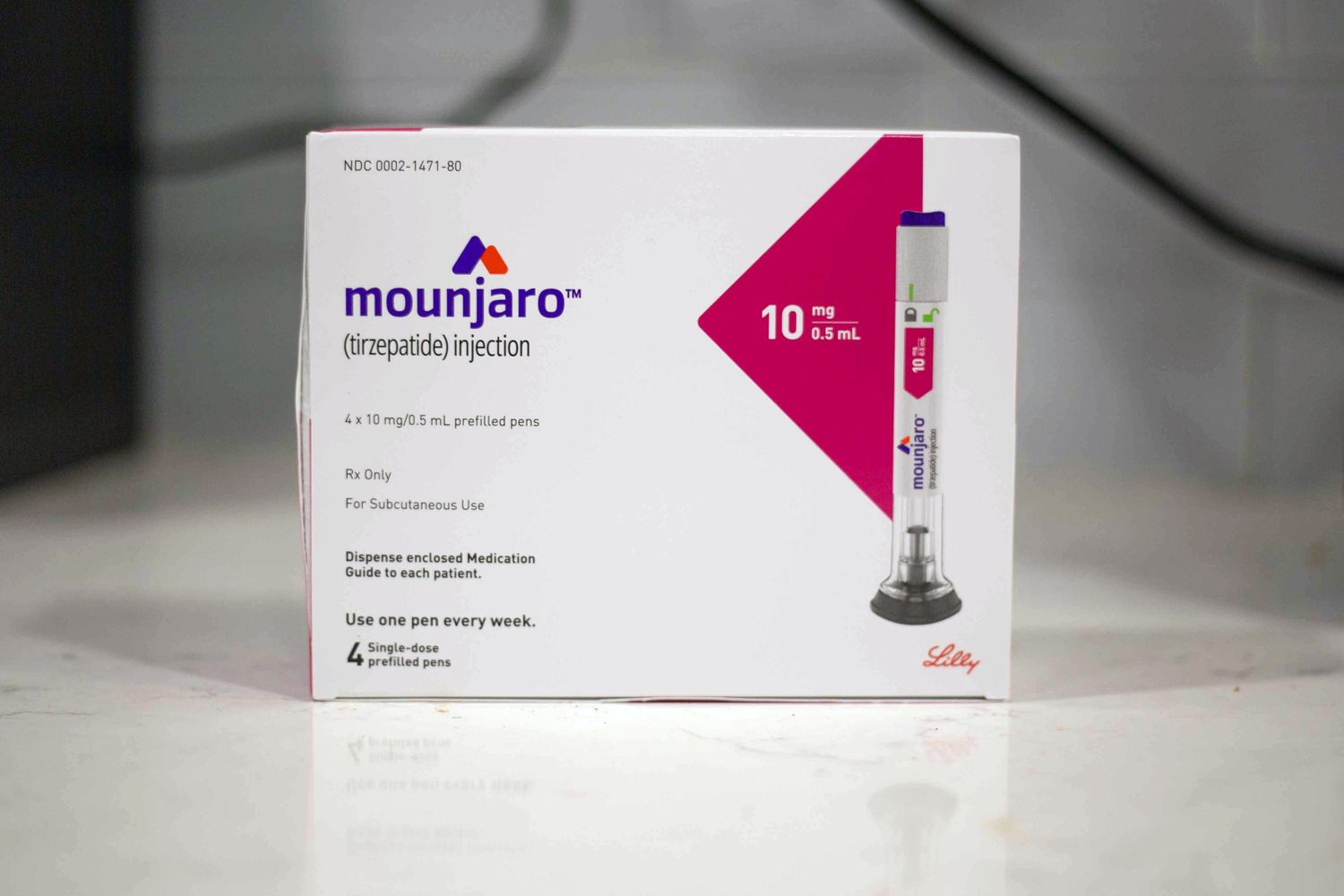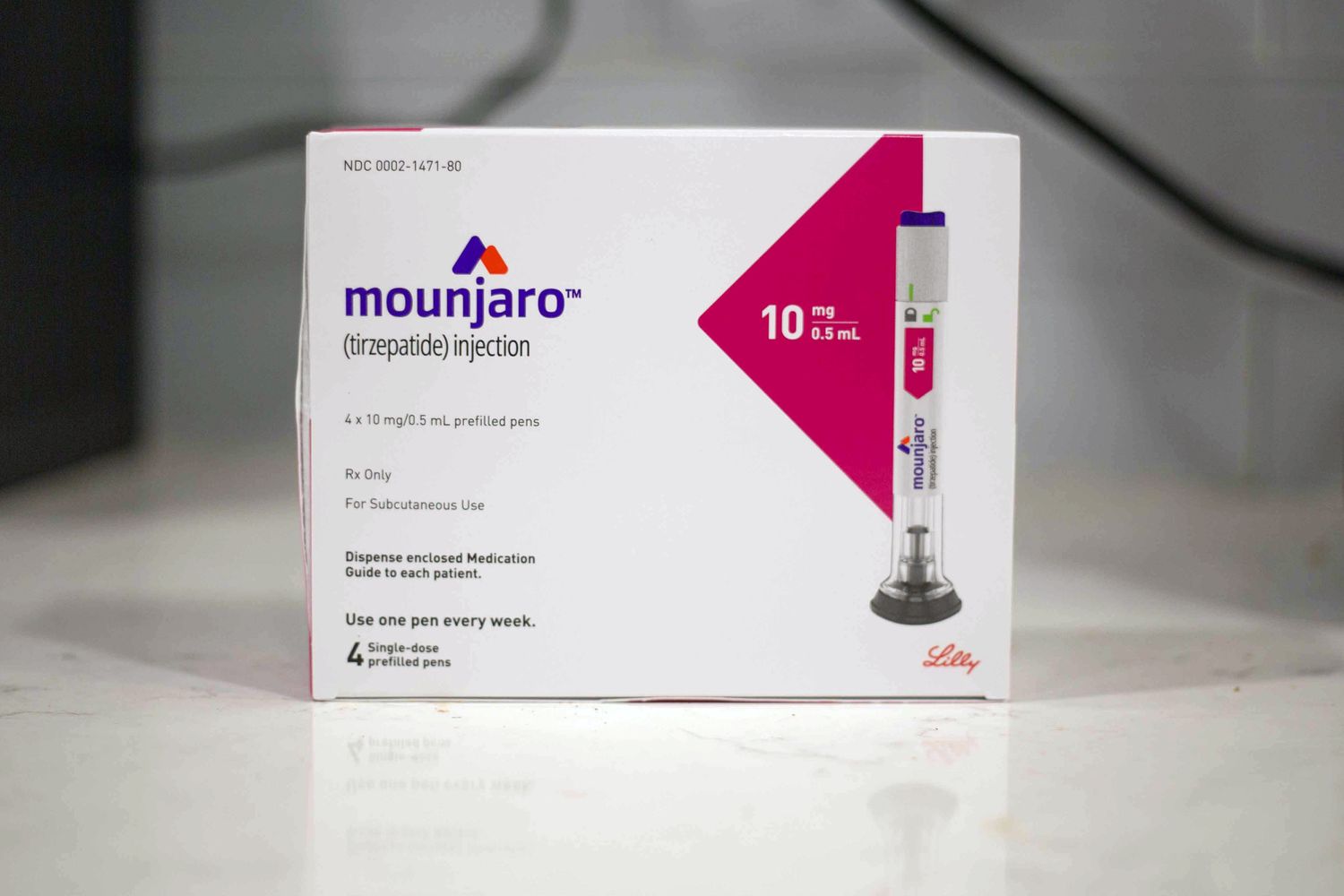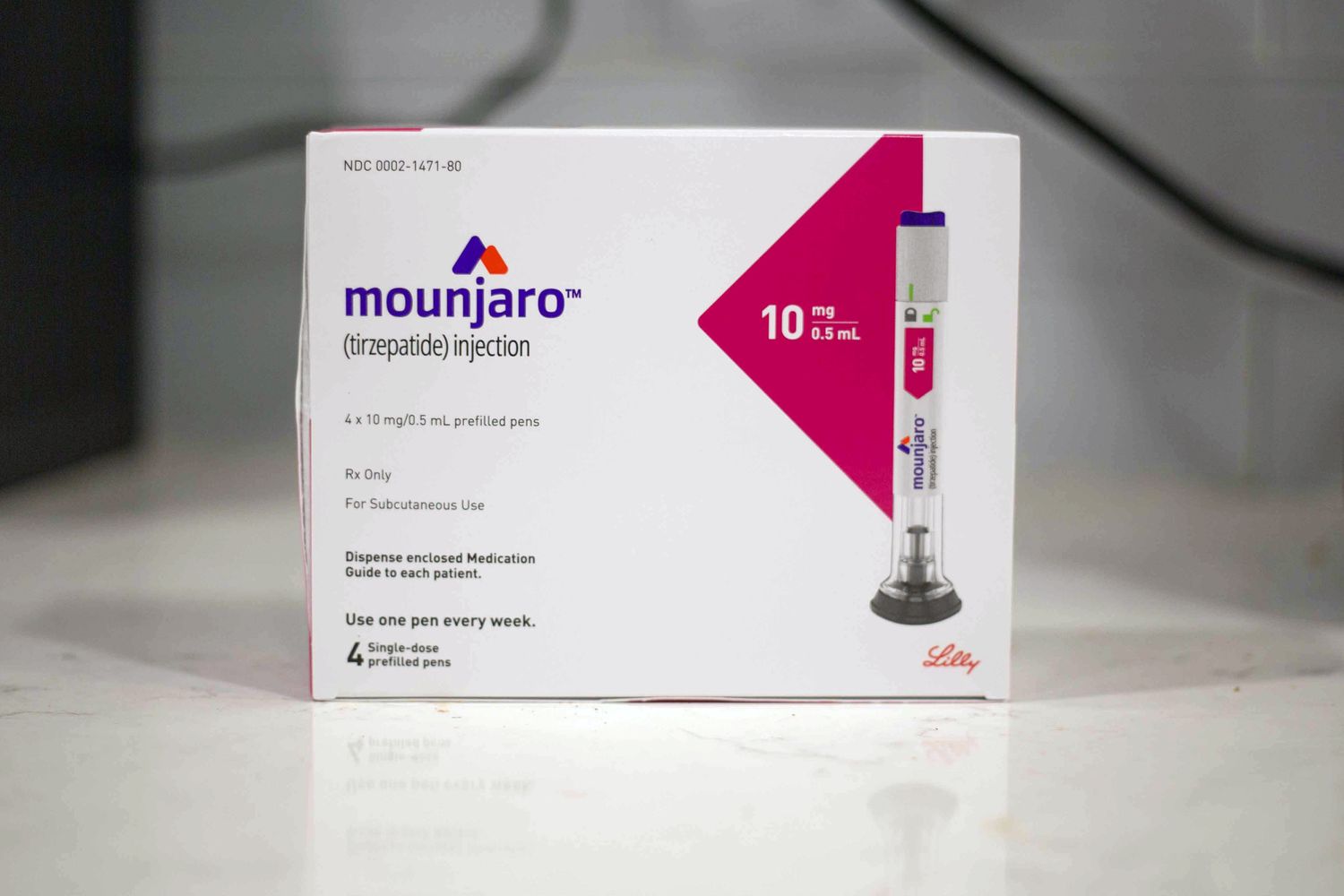mounjaro injection
mounjaro injection
Mounjaro injections are an innovative solution for managing type 2 diabetes and aiding weight loss. Containing the active ingredient tirzepatide, these injectable treatments mimic the effects of important hormones, improving glycemic control and promoting satiety. Administered weekly, Mounjaro provides tailored dosage options based on patient response and tolerability. While beneficial, potential side effects such as gastrointestinal disturbances and injection site reactions must be monitored. Patients with specific health concerns, including a history of thyroid conditions or kidney impairment, should consult healthcare providers before use. Discover the comprehensive approach Mounjaro offers for enhanced diabetes and weight management.
Description
mounjaro injection
Understanding Mounjaro Injections: Uses, Side Effects, and Warnings
Uses of Mounjaro Injections
Mounjaro injections are primarily used for the management of type 2 diabetes, aiming to improve glycemic control in adults. The active ingredient in Mounjaro, tirzepatide, functions by mimicking the effects of two hormones, GLP-1 (glucagon-like peptide-1) and GIP (gastric inhibitory peptide), which play a critical role in regulating blood sugar levels. By enhancing insulin secretion in response to elevated blood glucose, Mounjaro not only aids in lowering blood sugar levels but also enhances satiety, which can result in weight loss. This dual action makes it particularly beneficial for individuals who are both diabetic and obese, as weight management is an essential aspect of diabetes control.
Regarding its administration, Mounjaro is delivered through subcutaneous injections. Patients typically start with a lower dosage, with common regimens initiating at 2.5 mg once weekly. Dependent on patient response and tolerability, the dosage may be adjusted, allowing for an increase to a maximum of 15 mg. Proper training on administration techniques is essential to ensure effective delivery and minimize any potential discomfort.
Notably, specific demographics may experience enhanced benefits from Mounjaro. Individuals who struggle with weight, particularly those classified as obese, often find that Mounjaro not only assists with blood sugar management but also fosters weight loss—an imperative factor in managing type 2 diabetes. This multifaceted approach can lead to improved overall health outcomes and quality of life for patients. It is crucial for healthcare providers to evaluate each patient’s unique situation to determine if Mounjaro injections are a suitable option, ensuring a personalized approach to diabetes management and weight management.
Side Effects and Warnings of Mounjaro Injections
Mounjaro injections, primarily utilized for managing type 2 diabetes, may adversely affect some patients. Understanding these side effects is crucial for ensuring safe usage and monitoring any potential complications. Commonly reported side effects associated with Mounjaro include gastrointestinal (GI) disturbances such as nausea, diarrhea, vomiting, and constipation. These symptoms are often transient but can significantly impact the patient’s quality of life. Patients are urged to discuss any persistent GI issues with their healthcare provider.
Injection site reactions may also occur, with symptoms like redness, swelling, or itching at the injection site. While these reactions are usually mild and resolve on their own, any severe or worsening symptoms should prompt immediate medical consultation. It is essential for users to assess their bodies for broader concerns associated with Mounjaro, including more serious conditions like pancreatitis, which may present with severe abdominal pain, and kidney complications indicated by changes in urine output or swelling in extremities.
Furthermore, it is vital to recognize certain patient contraindications. Individuals with a personal or family history of medullary thyroid carcinoma (MTC) or multiple endocrine neoplasia syndrome type 2 (MEN 2) should avoid using Mounjaro, as it may increase the risk of thyroid tumors. Additionally, pregnant or breastfeeding women, along with those with significant kidney impairment, should consult their healthcare provider to evaluate the safety of using Mounjaro injections.
In conclusion, awareness of the potential side effects and warnings associated with Mounjaro is essential. Identifying warning signs can facilitate timely intervention and ensure patient safety while managing diabetes effectively. Regular monitoring and open communication with healthcare professionals will serve to optimize the therapeutic benefits while minimizing adverse effects.








Reviews
There are no reviews yet.